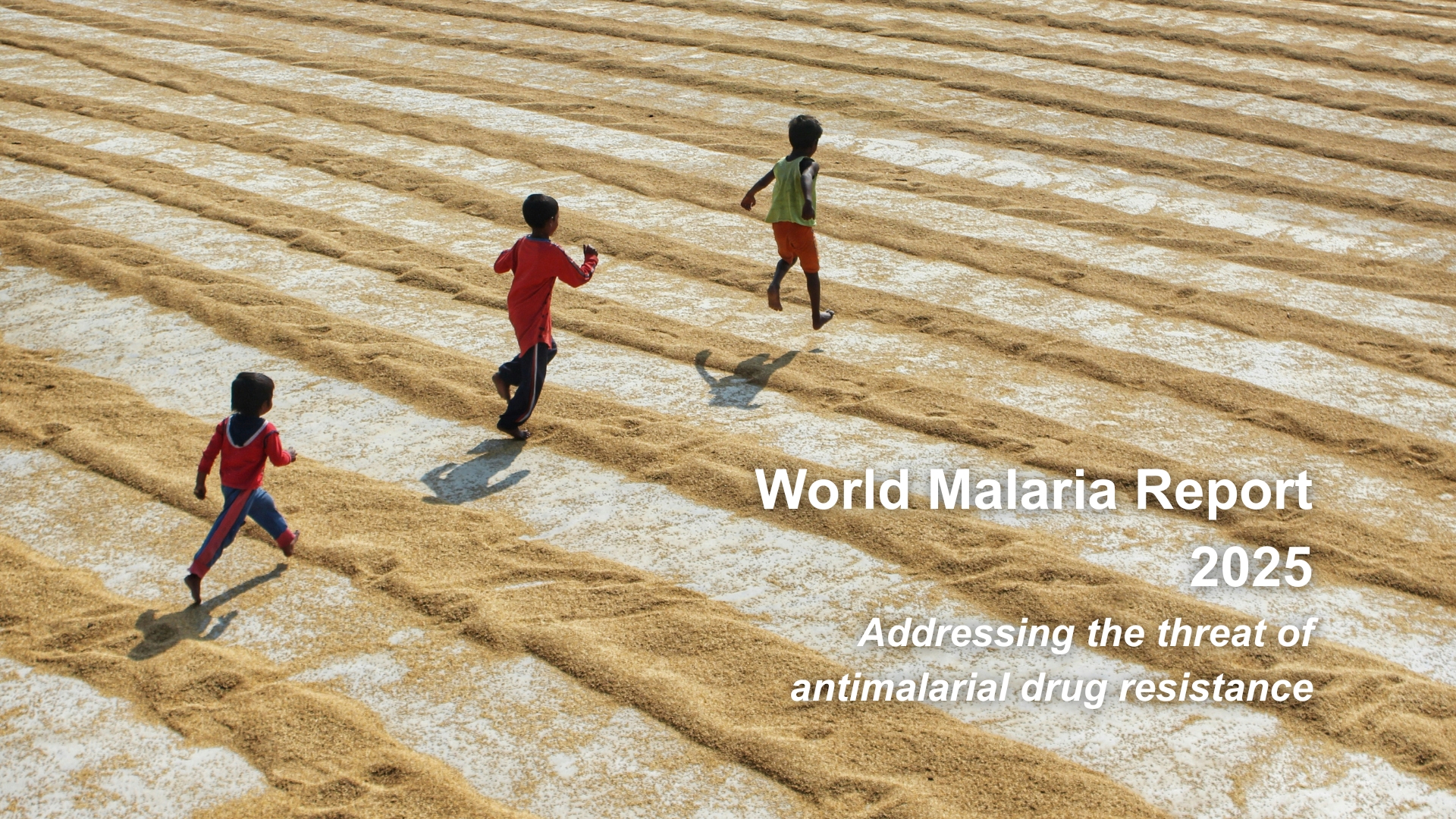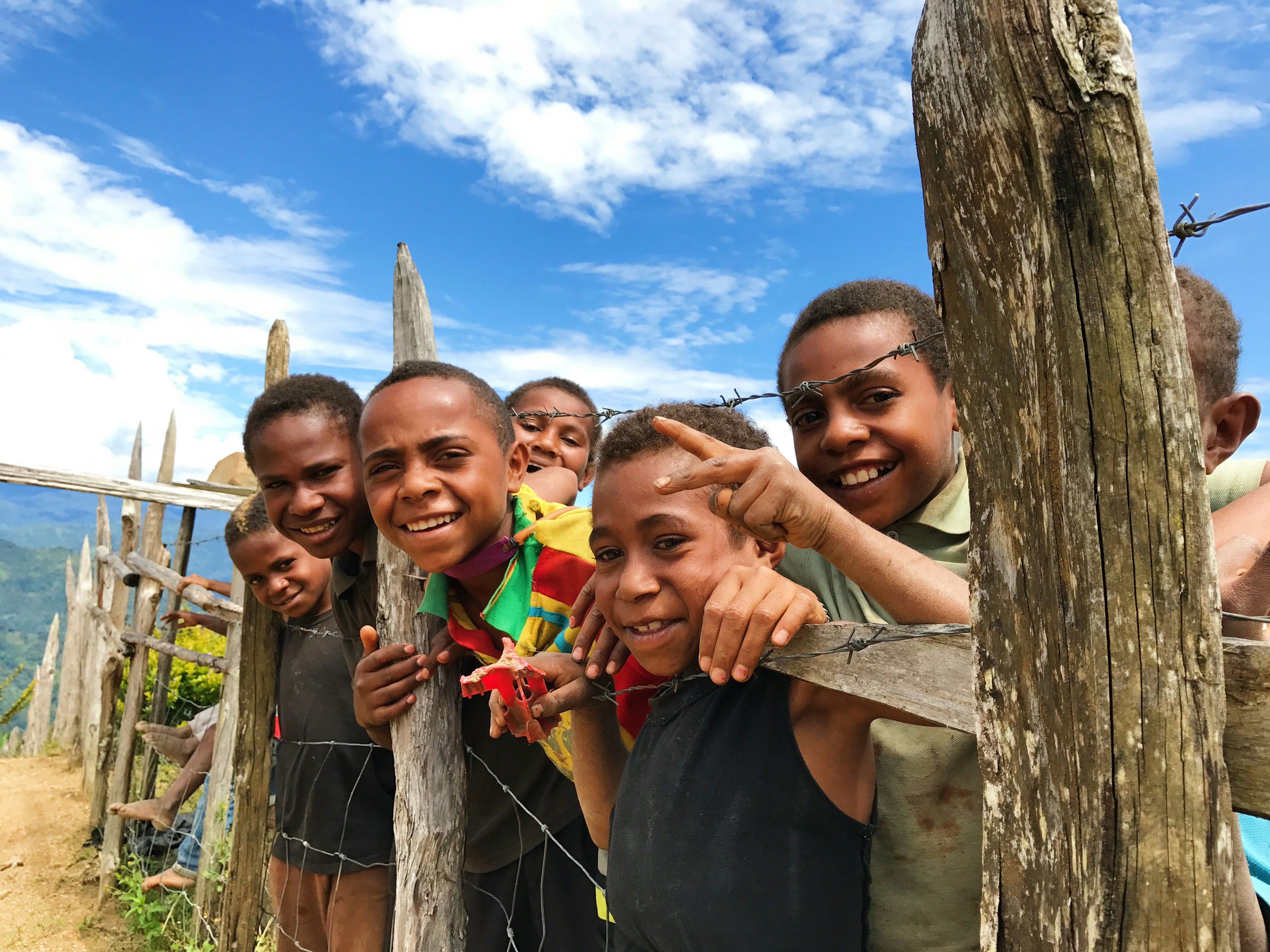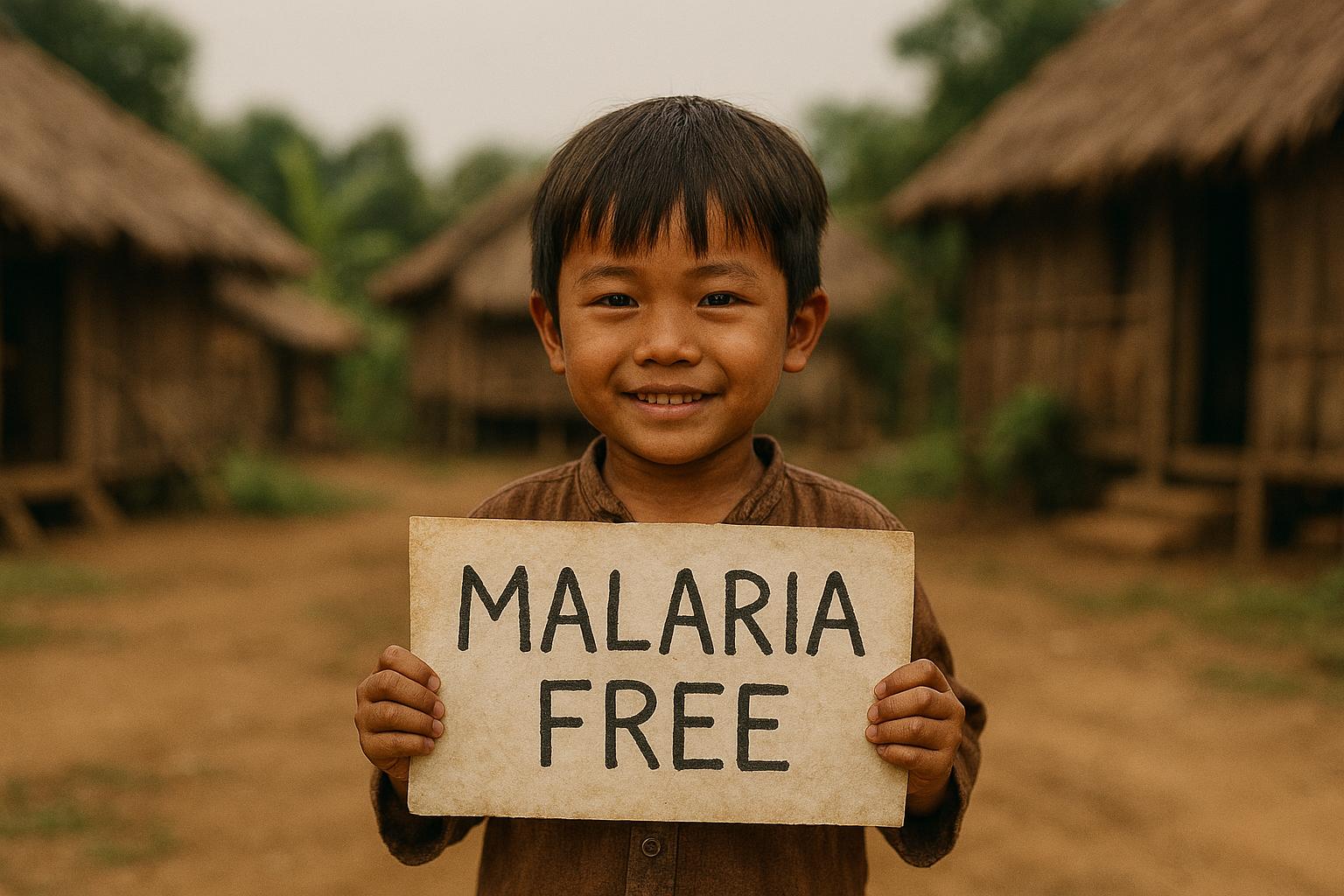
APLMA team members were pleased to take part in the recent Health Innovation Forum organized by the Kirby Institute at the University of New South Wales in Sydney, Australia. The half-day forum focused on health security and the crucial role of new health technologies in achieving the Asia Pacific malaria elimination goal.
Participants comprised researchers, clinicians and policy-makers, including representatives from APLMA and the Australian Therapeutic Goods Administration.
Kirby Institute faculty were pleased to welcome Dr Lelio Marmora, Executive Director, and other members of the Unitaid leadership team, for their first visit to Australia.
“The Kirby Institute is truly honoured to host our partners and collaborators from all over the world at this important forum,” said Professor John Kaldor, Chair of the Kirby Institute’s interim management committee. “The Indo-Pacific region is vulnerable to a range of infectious diseases, and as a high-income country with world class research institutes, Australia can play an important role in facilitating the response to deadly epidemics in our region.”
In 2016, the Kirby Institute was awarded an AUD$ 12 million grant by Unitaid to conduct a clinical trial on improved treatment options for people living with HIV. The trial, called D²EFT, is a multicentre, multinational, randomized trial among people who have experienced failure of first-line antiretroviral treatment.
“The partnership with Unitaid has allowed us to undertake important research in low-income countries that, if successful, will not just change clinical guidelines, but will significantly improve the lives of individuals,” said Dr Polizzotto, head of the Kirby Institute’s Therapeutic and Vaccine Research Programme and chief investigator on the D²EFT study.
During the forum, the Unitaid delegation presented their model for accelerating new innovations to market, particularly in support of efforts against HIV, TB and malaria.
“Unitaid’s work is fundamentally focused on identifying and bringing to market innovations that can be game-changers in the global health response,” said Dr Marmora. “One of our key objectives during our visit is to hear more about the innovations in the region on HIV, TB and malaria, and other key issues that threaten health security.”
Discussions anticipated future prospects in three key areas: Community-based interventions for chronic infectious diseases; models in clinical care and diagnostics; and emerging and endemic health security threats. The dialogue covered varied health issues including HPV/cervical cancer, HIV, TB, malaria and neglected tropical diseases, point-of-care technologies and preparedness against emerging epidemics.
The forum was supported by Unitaid, the Kirby Institute, UNSW Sydney, Pacific Friends of the Global Fund, St Vincent’s Centre for Applied Medical Research and APLMA.
.svg)


.jpg)





